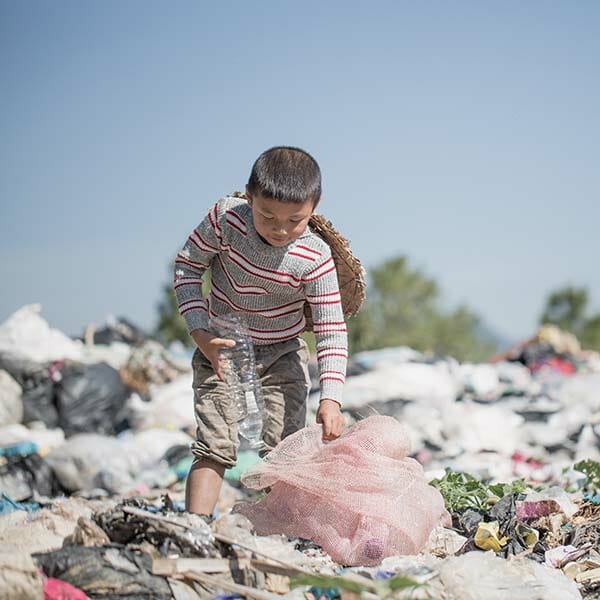
A new paper published by a team from the Rob and Melani Walton Sustainability Solutions Service that includes College of Global Futures associate professor Rimjhim Aggarwal examines the culture and economy of waste pickers. In the paper, published Aug. 10 in Sustainability, the authors demonstrate that waste pickers, typically part of extreme poverty communities based on or around landfills, have the potential to act as environmental stewards by mitigating the effects of waste, contributing to the resilience of urban systems, reducing greenhouse gas emissions through recovery of materials from waste streams and saving energy and preserving natural resources by enabling recycling and reuse.
“They play critical roles in waste management, but their full potential to contribute to the circular economy remains unrealized due to their marginalized social status, lack of recognition by authorities, and disconnection from the formal economy. Additionally, they face significant occupational hazards and social exclusion, and their livelihoods are at risk of being displaced by private-sector-led waste management approaches.”
The paper was co-authored by Raj Buch, Alicia Marseille, Matthew Williams, Rimjhim Aggarwal and Aparna Sharma. Read the full report.